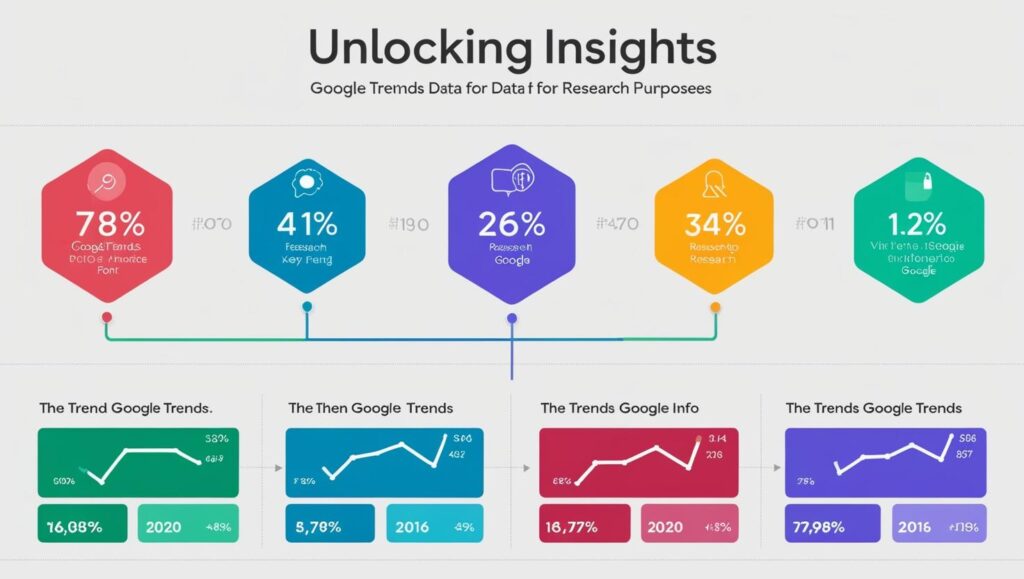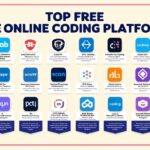In the digital age, the ability to harness vast amounts of data is a powerful tool for researchers across various fields. Google Trends, a free web service provided by Google, has emerged as an indispensable resource for those seeking to unlock insights into public interest and behavior. By analyzing the frequency of search queries, it offers a real-time glimpse into the world’s thoughts, preferences, and concerns, making it a valuable asset for data-driven research.
Google Trends: A Researcher’s Secret Weapon
Google Trends has become a cornerstone for researchers looking to understand societal trends and behaviors. By tracking the popularity of search terms over time, it allows researchers to gauge public interest in specific topics, ranging from politics and health to entertainment and consumer habits. This tool’s ability to capture and display data at both global and regional levels provides researchers with a unique insight into how cultural, social, and economic factors influence public interest.
The utility of Google Trends extends beyond just quantitative data. It also offers a qualitative understanding of the context within which these trends arise. By examining the rise and fall of search terms, researchers can identify the impact of specific events on public interest, such as natural disasters, political events, or viral phenomena. This contextualization can help explain shifts in public opinion or behavior, providing a deeper understanding of the factors that drive societal trends.
Moreover, Google Trends is invaluable for hypothesis generation and testing. Researchers can use it to identify correlations between search trends and real-world events or outcomes. For instance, an increase in searches related to flu symptoms might correlate with an actual rise in flu cases, offering insights useful for public health monitoring. This kind of data-driven hypothesis can lead to more targeted and effective research studies, enhancing the overall quality and impact of research outcomes.
Harnessing Digital Data for Insightful Analysis
Harnessing the power of digital data through Google Trends enables researchers to conduct more insightful and comprehensive analyses. The tool’s user-friendly interface and accessibility make it easy for researchers to explore vast amounts of data without requiring extensive technical expertise. This democratization of data analysis empowers a wider range of researchers, from academics to market analysts, to uncover meaningful insights that can inform decision-making and strategy.
One of the strengths of Google Trends lies in its ability to provide real-time data. This immediacy is particularly beneficial in fields such as marketing and public health, where timely insights are crucial. Marketers can track the effectiveness of campaigns almost instantaneously, while health officials can monitor public awareness and responses to outbreaks or health advisories. This capability to access up-to-date information allows for rapid adjustments and more agile responses to changing trends.
Additionally, Google Trends can serve as a valuable tool in comparative studies. Researchers can compare search trends across different regions, languages, or demographics, revealing insights into cultural differences and similarities. This comparative analysis can lead to a better understanding of global patterns and contribute to more nuanced research findings. By unlocking the potential of digital data, researchers can enhance their analytical capabilities and contribute to a deeper understanding of the complex world in which we live.
As the digital landscape continues to evolve, the importance of tools like Google Trends in research will only grow. By providing accessible, real-time insights into public interest, it allows researchers to delve deeper into the factors shaping our world. Whether exploring cultural phenomena, informing public policy, or guiding business strategy, Google Trends serves as a vital resource in the pursuit of knowledge, helping to illuminate the paths of inquiry that define modern research.


